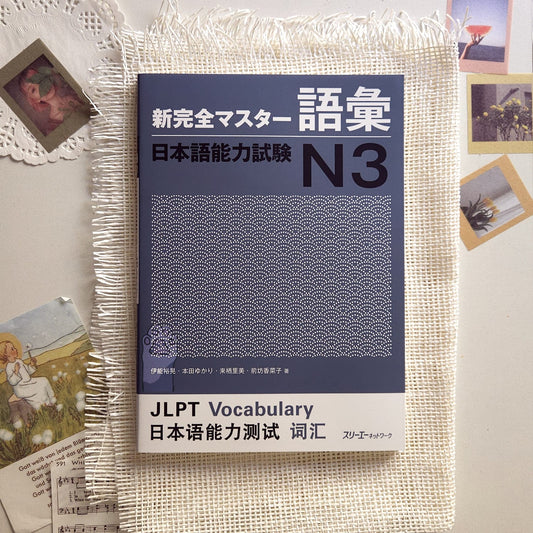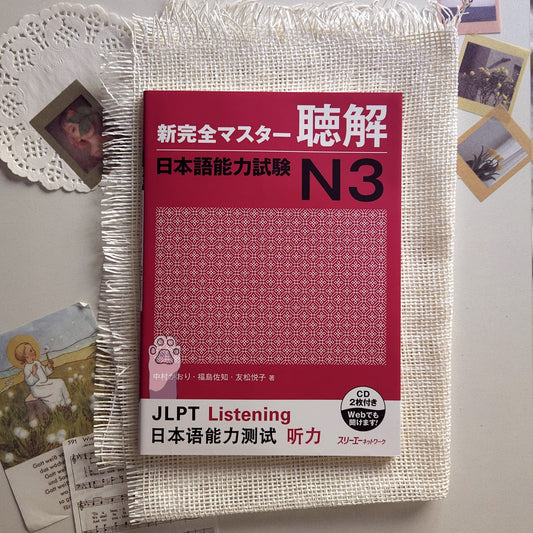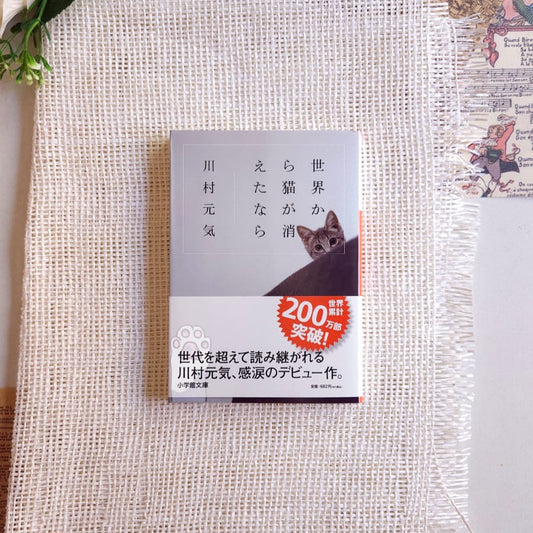
رحلتك مع اللغة اليابانية تبدأ من هنا

بدك كتب للقراءة و الممارسة ؟

قرطاسية و دفاتر يابانية
1
/
of
3
كتب و منتجات جديدة
تفقدوا جديد المتجر
-
 Sold out
Sold outدفاتر للكانجي
Regular price 3.000 JODRegular price -
New Kanzen Master JLPT N3: Vocabulary
Regular price 24.000 JODRegular price -
New Kanzen Master JLPT N3: Listening (w/CD)
Regular price 24.000 JODRegular price -
"If cats disappeared from the world" novel
Regular price 13.000 JODRegular price
Let customers speak for us
from 1 reviewsماذا قالوا عن المتجر؟
4.00 ★ (1)
Verified




